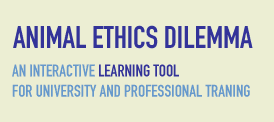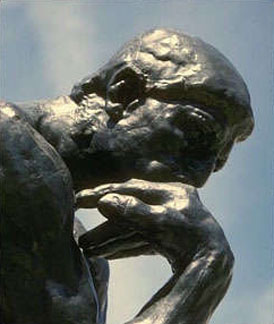

 |
| |
|
The Relational View
|
|
|
|
| The relational view is really a group of associated views. What these views have in common is an emphasis on the ethical importance of relationships between animals and human beings, and between and among humans. In one view, our duties to animals depend on whether they are close to us or not. So we have special duties to domestic animals because they are in our care, although generally speaking we do not have duties to wild animals. Another view focuses on the way in which our treatment of animals might affect our treatment of humans. Thus treating an animal badly is wrong because it reflects a moral attitude that may lead a person to treat humans badly as well. In each case, the relational theorist may hold, simply, that where a close relationship between a person and animals already exists (e.g. a shepherd and flock) special ethical limits on the treatment of the animals apply. However, because the key idea here is that there is value in close relationships, relational theorists often wish to go further and hold that close relationships should be encouraged wherever possible. A comparison which may help to convey this last point is this: most of us think that friendship brings with it responsibilities we do not have to people we don't know, but we also tend to think that friendships are worth encouraging where the opportunity arises because they are valuable in themselves. Examples of statements typically made on the basis of this view: “A dog is a man’s best friend, so it should be treated better than animals on farms and in laboratories.” “We have no duties to pests like mice and rats, except to get rid of them as efficiently as possible.” |
|
|
|
|